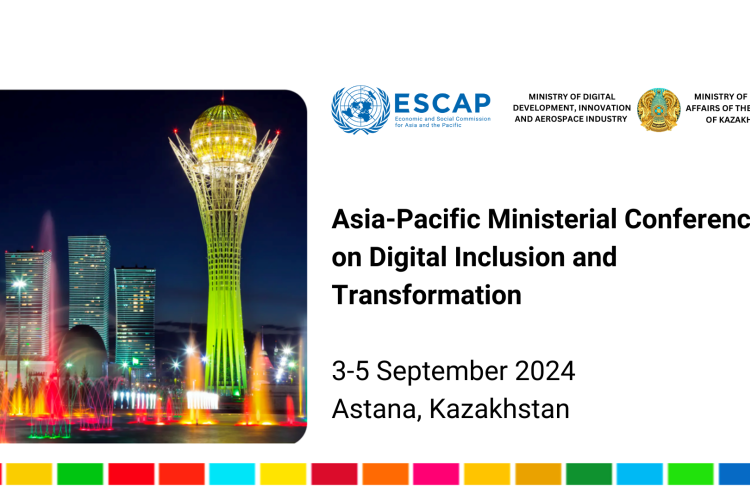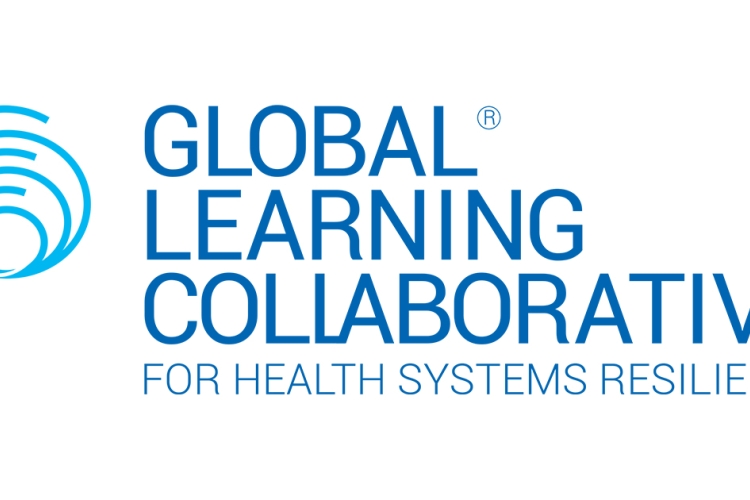Regional Dialogue on Linking Past and Future Regional Cooperation and Partnerships
Today, as the world is dealing with the unprecedented challenges posed by the COVID-19 pandemic, it is becoming increasingly evident that countries invested in ICT energy and transport infrastructure and whose people and businesses are better connected, including through digital platforms are progressing better than others. Weak connectivity is causing an economic slowdown, limiting internal and cross-border freight and passenger operations, trade, and transits.
The COVID-19 pandemic has clearly demonstrated the link between digitalization and development, both by showing the potential of digital solutions and by laying bare the significant digital divides that still exist. ICT policy and tools in different sectors provide solutions on how to equip policymakers on the resilience measures and create foundations towards an inclusive digital economy. As the pandemic carries on, digital technologies enable everything from information sharing to contact tracing and lockdown enforcement, from online education and to telework to vaccine development cooperation. Since the start of pandemic of COVID-19, as millions shifted to teleworking and online schooling, in just the first few months of the crisis, data traffic increased by at least 20%, while cyberattacks on the health sector infrastructure and mobile networks have increased by 150%.[1] To achieve SDGs in the coming years the policymakers of the region must pay the foundations for digitally served economies and livelihood, including for transboundary transport operation and energy exchange.
Through its four-year project cycle of cross-sectoral cooperation, divisions of the ESCAP secretariat have delivered several analytical knowledge products and capacity buildings workshops on the topics of the seamless connectivity and resilience of integrated infrastructure corridors, e-resilience, and the digital transformation, including online tools. These knowledge products include over 20 analytical reports at subregional and regional level, namely three country reports for Kazakhstan and Kyrgyzstan, Mongolia on: (1) co-deployment of ICT Infrastructures with energy and transport infrastructures, (2) resilient infrastructure, (3) financing infrastructure, (4) linkage of rural transport systems to regional and international transport networks, (5) methodological notes and assessment of the e-resilience, and (6) Central Asian digital cooperation strategies and approaches.
Objective
The key objectives of this regional dialogue are to:
a. Share key findings and outputs of the four- year project cycle and;
b. Discuss the use of knowledge products, opportunities.
Participants
UN ESCAP invites high level -decision makers, expert community, and government officials of the target countries and from the region.
• Top senior government officials of Kazakhstan, Kyrgyzstan, Mongolia, Azerbaijan, Bhutan, and Republic of Korea, etc;
• National government officials and concerned stakeholders of the region.
For more information, please click here.
For Youtube link, please click here.
For RECI project events 2018-2022, please click here.






